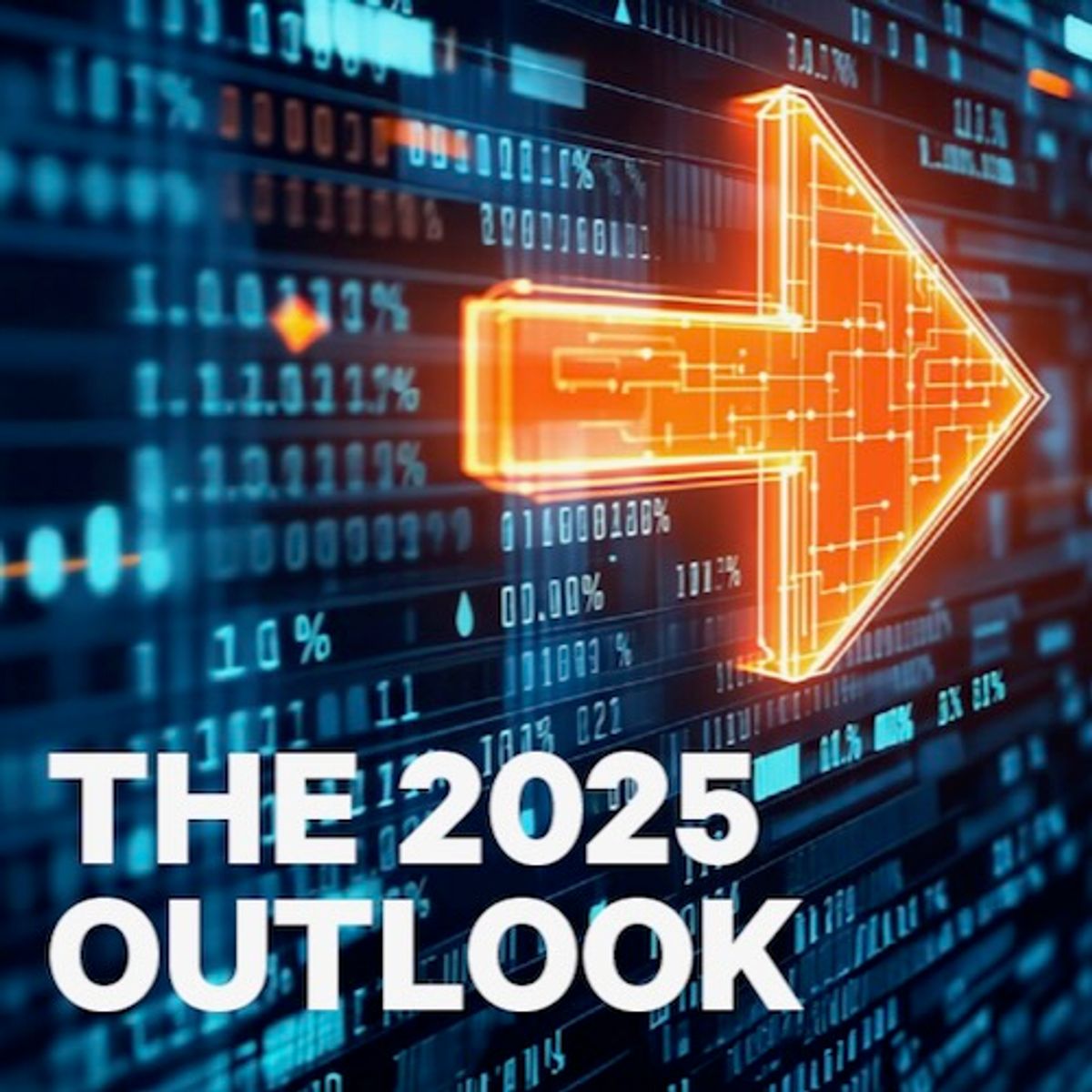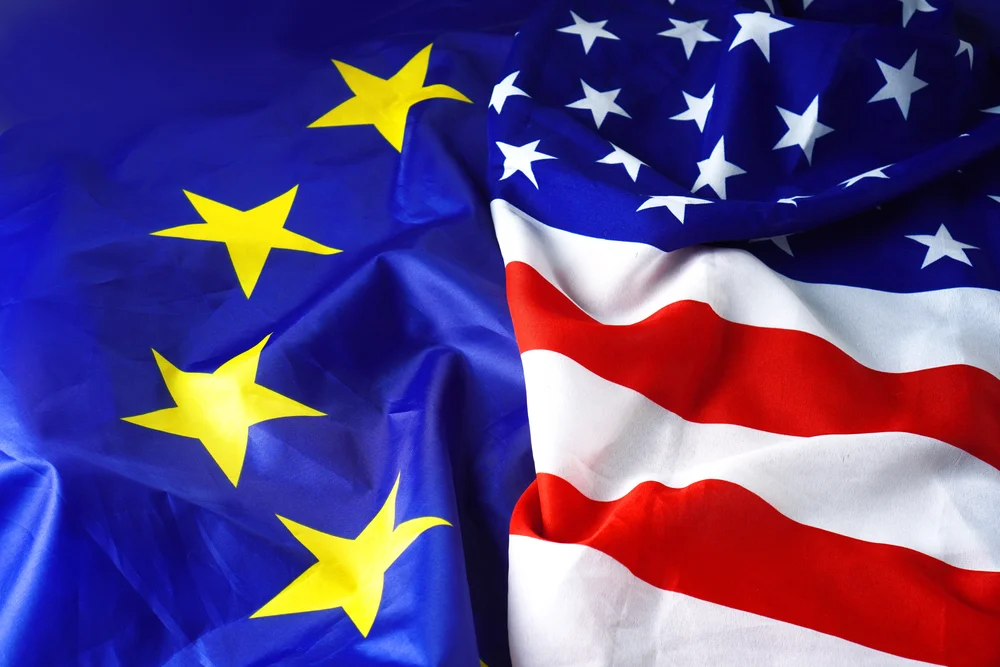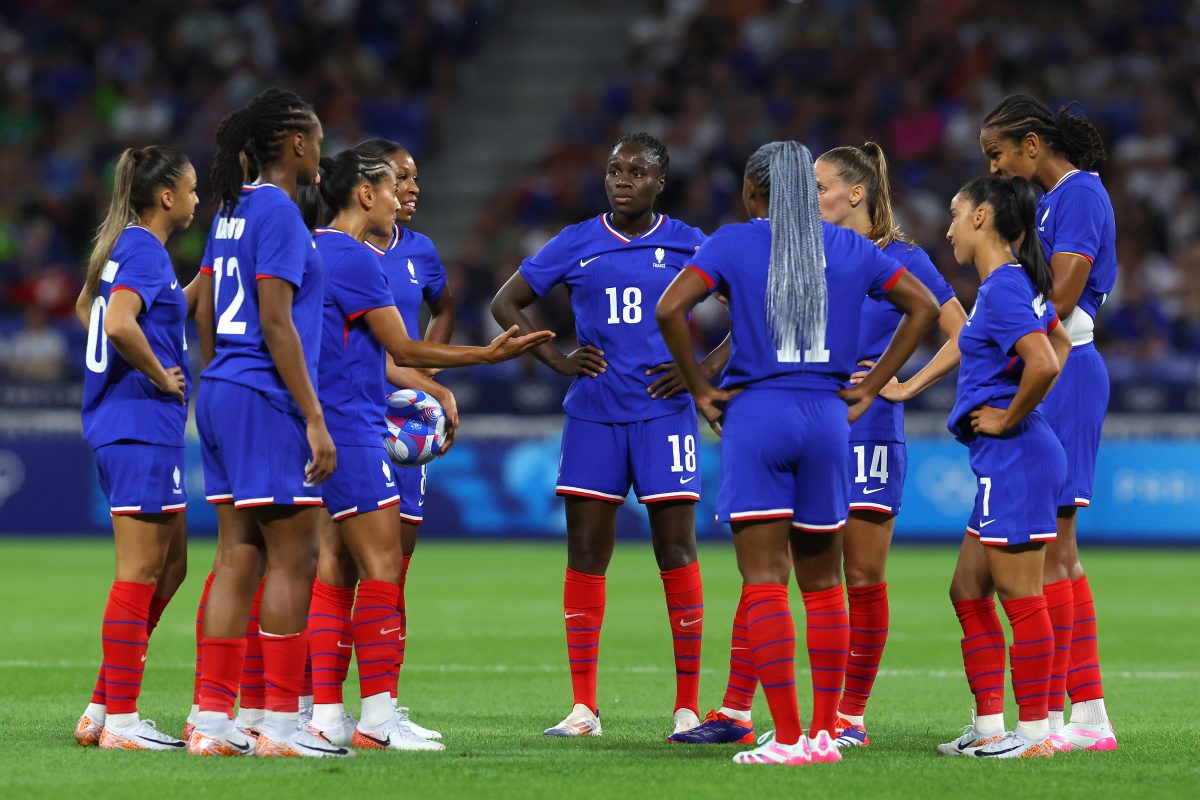Bussiness
China’s trade war with the US is unlikely to cool down this election year, so it’s working on Europe instead
- Chinese leader Xi Jinping is visiting France in the first leg of his European Union visit.
- Xi’s visit seeks to avoid tensions with the EU similar to those faced by Beijing and Washington.
- Xi’s visit comes at a crucial time as the European Union prepares for elections.
China has been on a diplomatic blitz with major world powers in the past few weeks, hosting US Treasury Secretary Janet Yellen, Secretary of State Authority Blinken, and German Chancellor Olaf Scholz in April.
Now, it’s Chinese leader Xi Jinping’s turn to go on the charm offensive in his first state visit to the European Union in five years, with France as his first stop.
Xi is spending two days in France, meeting French President Emmanuel Macron on Monday before heading to Serbia and Hungary.
The Chinese leader’s visit to France is important since the country is the European Union’s second-largest economy.
It also follows Blinken’s trip to China late last month, where the two sides wrangled over a range of issues from trade to national security. They remain at odds and the disputes could heat up as the US elections near later this year, say analysts.
France, like the US and Germany, has been complaining about China’s factory overcapacity, particularly in the green sector.
“I’m calling for an ‘aggiornamento’ because China is now in excess capacity in many areas and exports massively to Europe,” Macron told La Tribune Dimanche, per a Bloomberg translation. Macron was using the Italian word for “update” as he called for a refresh in France-China ties.
Xi’s agenda in Europe
So, what can we expect from Xi’s time in Europe?
Xi is hoping to avoid the same sort of stress that Beijing is facing with Washington, said an expert.
“Xi will use his time with Macron to downplay China’s ongoing support for Putin’s war machine,” Matt Geraci, an assistant director at the Atlantic Council’s Global China Hub, wrote in a note on Thursday.
“He will also underscore that France and other European nations continue to benefit from economic engagement with China, and that they should pursue an independent course rather than following Washington’s lead,” Geraci added.
Macron, for his part, is expected to call on Xi to use China’s influence on Russia to end the war in Ukraine, his office told the Associated Press.
Macron said in April last year that a big risk facing Europe is getting caught up in “crises that are not ours.”
Furthermore, there are differences among EU countries when it comes to their China strategy.
“Beijing, cognizant of the increasingly apparent differences within Europe on countering China’s subsidies in key industries such as EVs, aims to create wedges between member states to complicate the EU’s anti-subsidy probe into Chinese EV imports,” Geraci added.
EU elections are weeks away
The European Union is slated to hold elections for the European Parliament in June. European Commission President Ursula von der Leyen is seeking a second term for the top job.
Von der Leyen, who is expected to meet Xi with Macron on Monday, slammed an “oversupply of Chinese subsidized goods” ahead of the gathering. She said China’s trade practices are leading to unfair trade that are “market-distorting” and “could lead to deindustrialization in Europe.”
China has pushed back on the West’s claims of overcapacity, accusing the bloc of being protectionist and of trying to curb China’s economic development.
Beijing is now trying to steer China’s economy, which is in a painful transition from its reliance on real estate and lower-value manufacturing to the hot new sectors of EVs, lithium batteries, and solar panels.
The trade issues will “undoubtedly” be a key discussion issue, particularly since China is in an economic slump, wrote Léonie Allard, a visiting fellow at the Atlantic Council’s Europe Center, in a note on Thursday.
Macron told The Economist in a recent interview that he is willing to continue working with China on “major global issues” and to bring China “back into line with international rules.”
However, Europe — like China — isn’t quite the same anymore, following years of economic malaise punctuated by the pandemic and the war in Ukraine.
“2024 is not 2019, and there is much more clarity about the limits of viewing China as a trusted partner,” Allard added, referring to the last time Xi visited France.










